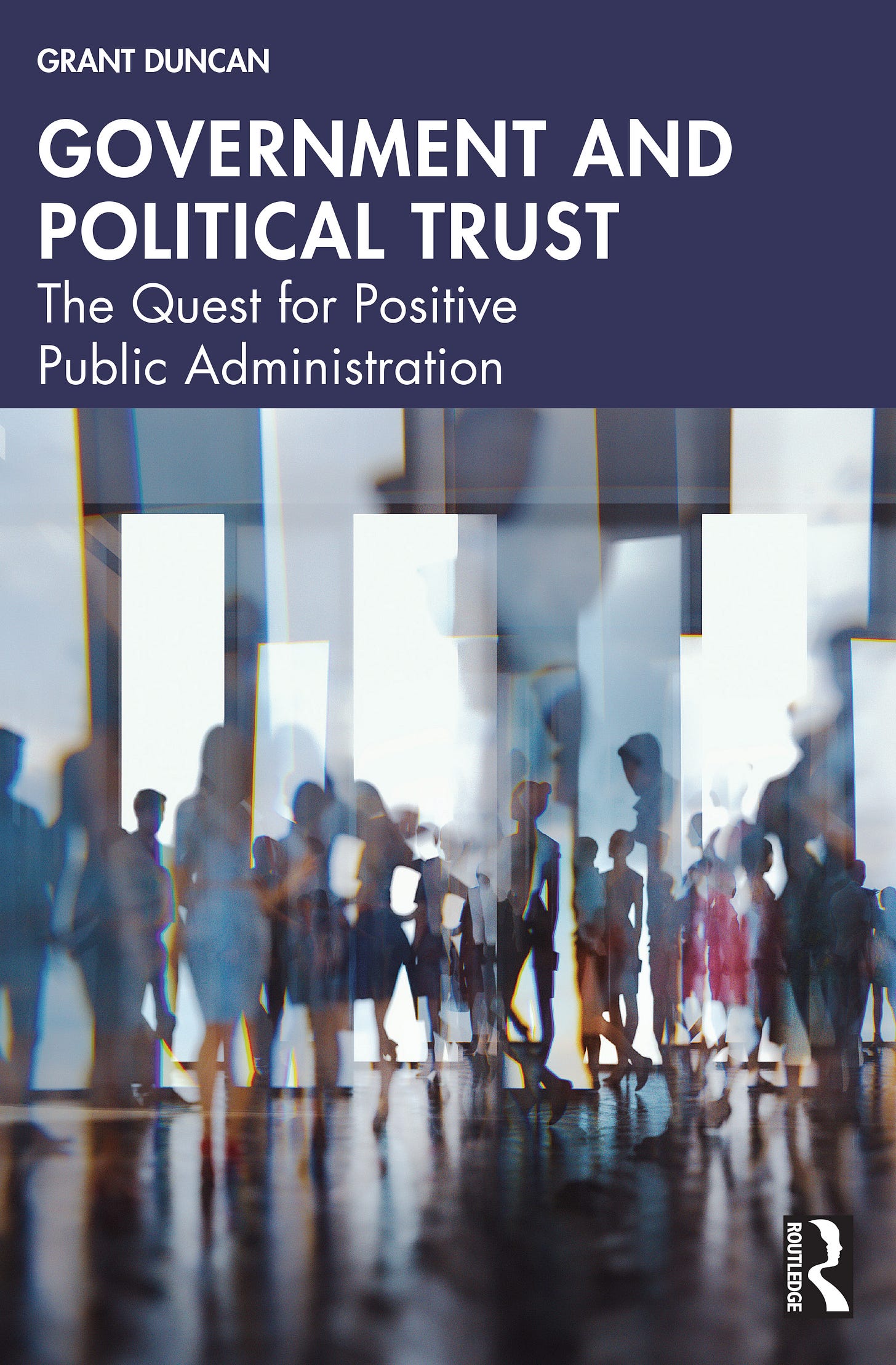Immigrants who emigrated to get away from immigrants?
What about politicians who fight over what government is?
I was talking with a taxi-driver once… He was English, and he revealed that he’d come to my country because “there were too many immigrants” in his home town. He then revealed that he’d moved out of the city I inhabit to a semi-rural location because “there were too many immigrants”. As an Englishman, he may describe himself as an “expat”, not an immigrant. But in fact, he became an immigrant in order to get away from immigrants. To add to my puzzlement, he revealed that his wife was Malaysian. We learn not to anticipate rational consistency in humans.
As we’ve seen in France, the UK and the US, immigration has become perhaps the most emotive and motivating political issue of these times – but the arguments aren’t always rational. America’s Republican Party pledges, for instance, to begin “the largest deportation program in American history”, aimed especially at “known or suspected gang members, drug dealers, or cartel members” – a minority of a minority that are taken as if to typify undocumented immigrants as a whole, who then get blamed for the problems of a vast and diverse nation that’s largely descended from immigrants.
Isolationist, anti-immigration politics come and go through the course of American history – and of other settler societies – based on fear and prejudice. (New Zealand’s great reformer, William Pember Reeves, said racist things about non-white immigrants too.) The settled immigrants and their offspring don’t want too many others getting the same idea.
Meanwhile, certain culture wars have been quietly conceded. The GOP manifesto says, “Republicans will promote a Culture that values the Sanctity of Marriage, the blessings of childhood, the foundational role of families, and supports working parents”, but it says nothing for or against same-sex marriage.
Their battleground has shifted elsewhere: “We will keep men out of women’s sports, ban Taxpayer funding for sex change surgeries, and stop Taxpayer-funded Schools from promoting gender transition”.
I agree with Ezra Klein who, having sat through the Republican convention, said: “the locus of polarization itself is changing, it’s not going away. The polarization is [now] over the system itself”. It’s now about “democracy” (and who upholds it) and the trustworthiness of established institutions (government, media, business, education).
Biden argued that the whole world was facing a contest between autocracies and democracies. He took on the mantle of defender of democracy. After the insurrection of Jan 6, which attempted to block the confirmation of election results, Biden attacked “MAGA Republicans”. He later said that, at the next election, “democracy is on the ballot”. (Fortunately, he’s now off it!)
Trump, on the other hand, said that the 2020 election was “stolen” from him. And, far from being a threat to democracy, he “took a bullet for democracy”.
Trump and the Bidens (father and son) all find themselves now in trouble with the law, and the administration of justice has become a battlefield. Are special counsels unconstitutional? Can incoming presidents stack the DoJ with their own yes-people? To what extent are presidents (and former presidents) immune from criminal prosecution?
People on the left and the right accuse their opponents of sending the world down a slippery slope towards totalitarianism, be it fascist nationalism or globalist communism. Both camps proclaim themselves to be on the side of “the people”.
Here’s an alternative hypothesis: the more that political polarisation rages around “the system itself”, the more technical and legalistic the arguments become – and hence the more harmless they become. Everything gets tied up in the courts. The republican Ciceros win; the autocratic Octavians lose. (That’s a hypothesis, not a prediction.)
The problem is that systems of representative government aren’t all that democratic. The People are left out of decision-making, and they’re not well looked after by a tiny number of decision-makers. Public infrastructure and services are left to deteriorate, while the private wealth of plutocrats accumulates to levels never before seen.
American historian Michael Kazin has summed it up: “Too often, Democrats have failed to articulate a coherent vision of where to take the nation, apart from tolerating cultural differences and moving toward a greener economy, and neither goal speaks to those who have struggled to make ends meet.” Meanwhile, working-class voters of all colours flock to Trump.
We’re all a bit like my taxi-driver: we see problems out there in the world, but refuse to notice that we’re part of them. If we really believed in democracy, we’d roll up our sleeves and become a part of the solutions, including the economic solutions. But it’s easier to blame others, as if they were threats to our way of life – or to denounce them as threats to a “democracy” that’s more imagined than real.






A seriously good line - "We learn not to anticipate rational consistency in humans".
A micro-example of immigrants trying to keep other immigrants out: in the little settlement on the NSW Far South Coast, where I live, residents complain (sometimes lodging objections with our local council) about new developments to enable others to enjoy the same peaceful seaside life that we do, on blocks that were developed previously - in the midst of an acute housing shortage.